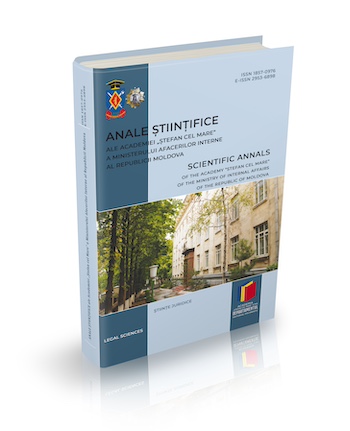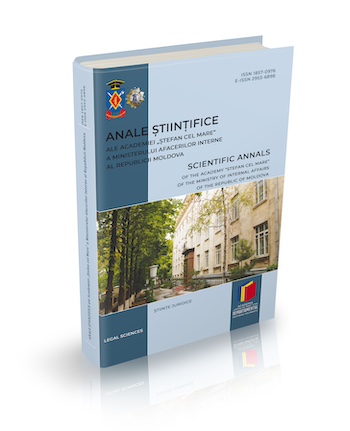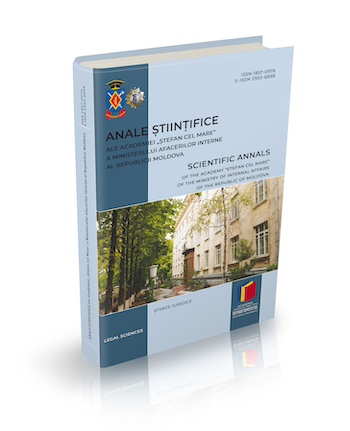
Accepțiunile aplicate dreptului de proprietate și protecția mediului din perspectiva jurisprudenței CtEDO
The article represents the vision of the Convention through the Court’s interpretations of certain fundamental issues which in some cases have not been sufficiently addressed with regard to environmental protection and property rights. The stringent needs in this field have favored the creation of an interesting practice based on vaguely defined articles related to environmental protection and their tangency with Protocol No. 1 with reference to property rights. The principles formulated by the Court show a relevant object of study for the conceptualization of environmental protection issues in terms of property rights. The idea of the positive obligation of the state to carry out certain actions in order to protect these two distinct values conceptualizes the importance of studying the problem and creating a unique practice in order to combat the interference manifested in relation to them.
More...

